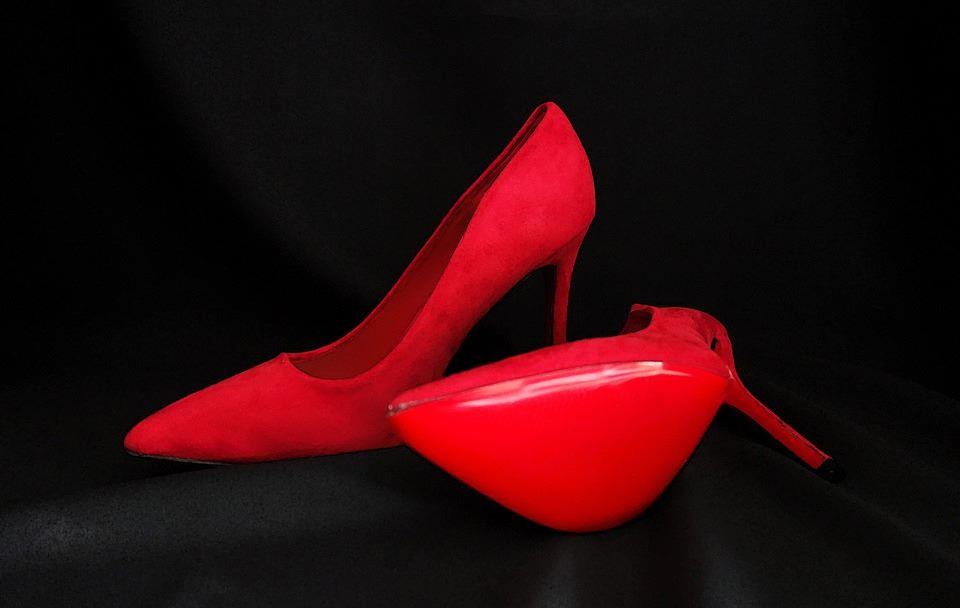Employers no longer allowed to force women to wear heels in BC

By Amy Chen
The province of British Columbia has banned mandatory high heels in the workplace, following an initiative by the BC Greens.
The requirement to wear high heels in some workplaces is a workplace health and safety issue as there is a risk of physical injury from slipping or falling, as well as possible damage to the feet, legs and back from prolonged wearing of high heels while at work, Minister of Jobs, Tourism and Skills Training and Minister Responsible for Labour Shirley Bond announced.
The change is a result of a bill introduced by BC Green Party leader Andrew Weaver to amend the existing footwear regulation (section 8.22) of the Occupational Health and Safety Regulation, under the Workers Compensation Act.
Weaver welcomed the news that the government has amended the Occupational Health and Safety Regulation under the Workers Compensation Act to include that “potential for musculoskeletal injury” must be considered in determining appropriate footwear.
“Over the last month, my office has been inundated with messages from people in countless sectors sharing their experience of being forced to wear heels at work,” Weaver said. “Waiters, bartenders, lawyers, people in the retail and hospitality industry wrote in to my office. I have even heard from people who work within the B.C. Legislature! They talked about sexism, objectification, bleeding feet, sore knees, hips, and backs, long term damage, and called for this practice be officially changed.”
Minister Bond thanked Dr. Weaver for the amendment.
“I’d like to recognize and thank Dr. Weaver for working with us on amending this regulation,” Bond said. “This change will let employers know that the most critical part of an employee’s footwear is that it is safe. I expect employers to recognize this very clear signal that forcing someone to wear high heels at work is unacceptable.”
The amended regulation ensures that workplace footwear is of a design, construction and material that allows the worker to safely perform their work and ensures that employers cannot require footwear contrary to this standard. To determine appropriate footwear, the following factors must be considered: slipping, tripping, uneven terrain, abrasion, ankle protection and foot support, crushing potential, potential for musculoskeletal injury, temperature extremes, corrosive substances, puncture hazards, electrical shock and any other recognizable hazard.
WorkSafeBC will develop a workplace guideline for employers and employees to support the amended regulation. The guideline is expected to be available by the end of April.
Under B.C.’s Occupational Health and Safety Regulation, WorkSafeBC already requires employers to provide a safe and healthy workplace that is free from discrimination or harassment for their employees. As well, the Human Rights Code provides protections against sexual harassment and gender-based discrimination in British Columbia, and that includes in the workplace.



